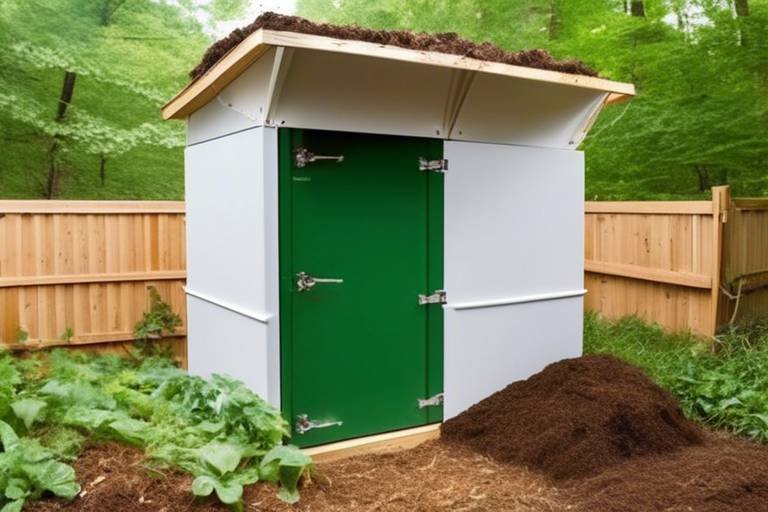10 Ways to Create an Eco-Friendly Workshop
Creating an eco-friendly workshop is not just about following a trend; it's about making a real impact on the environment. By implementing sustainable practices in your workshop, you can reduce waste, save energy, and promote a greener way of working. Here are 10 effective ways to transform your workshop into an eco-friendly space:
1. Opt for Energy-Efficient Lighting Solutions: Switching to LED or CFL bulbs can significantly reduce energy consumption in your workshop. Consider installing motion sensor lights to ensure energy is only used when needed.
2. Implement Recycling and Waste Management Systems: Setting up designated bins for recycling materials like paper, plastic, and metal can help reduce waste sent to landfills. Explore ways to repurpose or recycle materials commonly used in your workshop.
3. Choose Sustainable Materials and Tools: Opt for tools and materials made from recycled or sustainable sources. Look for certifications like FSC (Forest Stewardship Council) for wood products to ensure they come from responsibly managed forests.
4. Utilize Natural Light and Ventilation: Maximize natural light by positioning workstations near windows and using light-colored surfaces to reflect light. Proper ventilation can reduce the need for air conditioning, improving indoor air quality and energy efficiency.
5. Invest in Energy-Efficient Equipment: Upgrade old machinery and equipment to energy-efficient models that consume less power. Look for ENERGY STAR ratings and consider the long-term energy savings when making purchasing decisions.
6. Encourage Sustainable Transportation Options: Promote eco-friendly commuting among workshop participants by providing bike racks, carpool incentives, or access to public transportation information. Encouraging walking or biking to the workshop can reduce carbon emissions.
7. Implement Water Conservation Practices: Install water-saving fixtures like low-flow faucets and toilets to minimize water usage in the workshop. Consider collecting rainwater for non-potable uses like cleaning or watering plants.
8. Embrace Upcycling and Repurposing Projects: Encourage creativity and resourcefulness by incorporating upcycling projects into workshop activities. Repurposing old materials or tools not only reduces waste but also fosters innovative design solutions.
9. Educate and Engage Workshop Participants: Raise awareness about eco-friendly practices among workshop participants through workshops, seminars, or informational materials. Encourage a culture of sustainability by involving everyone in the effort to create an environmentally conscious workshop.
10. Monitor and Improve: Regularly assess your workshop's eco-friendly initiatives and make improvements where necessary. Keep track of energy usage, waste production, and participant engagement to continuously enhance your workshop's sustainability efforts.
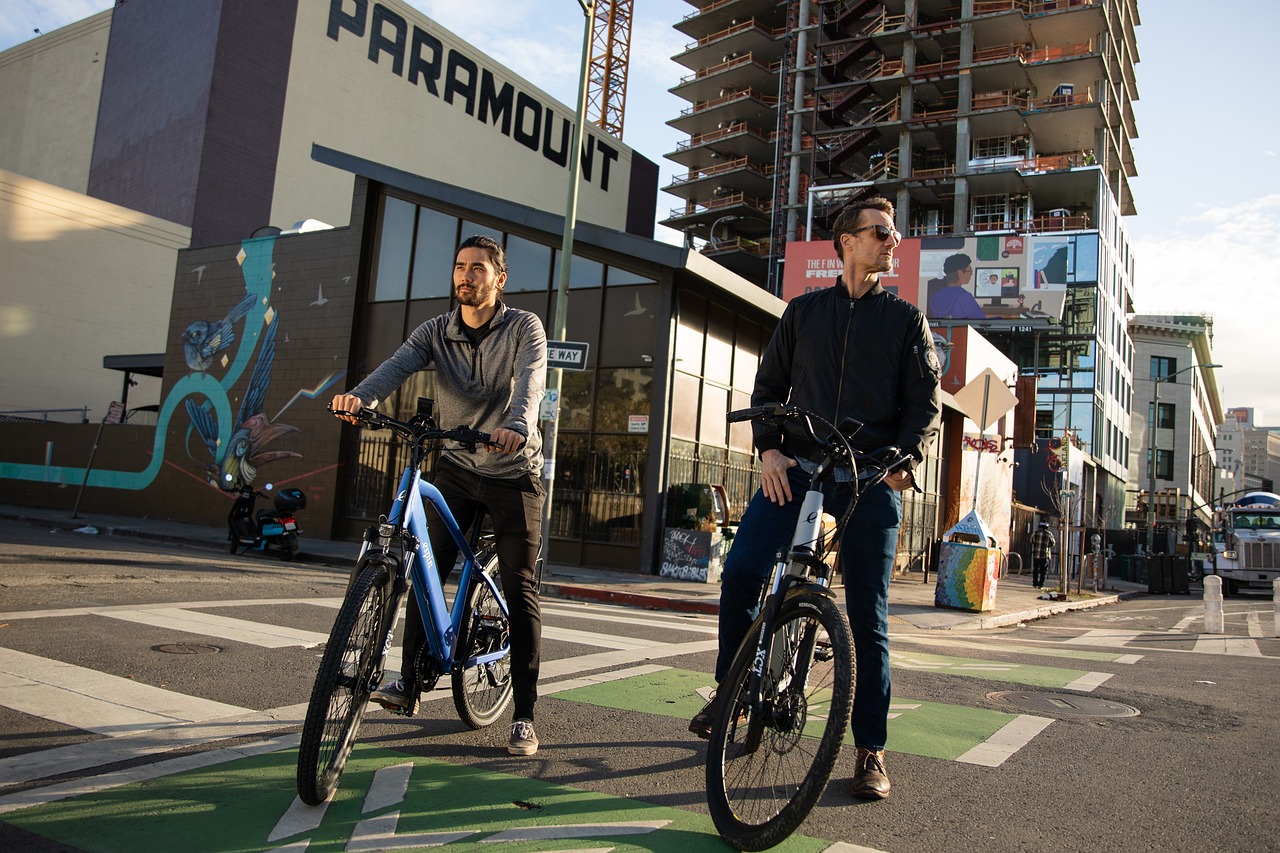
Opt for Energy-Efficient Lighting Solutions
When it comes to creating an eco-friendly workshop, one of the key strategies is to . By making the switch to LED or CFL bulbs, you can significantly reduce energy consumption in your workshop. Not only will this help lower your electricity bills, but it will also contribute to decreasing your workshop's environmental impact. Additionally, consider installing motion sensor lights to ensure that energy is only used when necessary, further enhancing the efficiency of your lighting system.

Implement Recycling and Waste Management Systems
Implementing recycling and waste management systems in your workshop is a crucial step towards creating an eco-friendly environment. By setting up designated bins for different types of waste materials such as paper, plastic, and metal, you can effectively reduce the amount of waste sent to landfills. Consider creating a waste management plan that includes strategies for repurposing or recycling materials commonly used in your workshop. By embracing a culture of waste reduction and recycling, you can significantly minimize your workshop's environmental impact.

Choose Sustainable Materials and Tools
When it comes to creating an eco-friendly workshop, one of the key steps is to . By opting for products made from recycled or sustainable sources, you can significantly reduce your workshop's environmental impact. Look for certifications such as the FSC (Forest Stewardship Council) when selecting wood products to ensure they are sourced from responsibly managed forests. These materials not only help conserve natural resources but also promote a more sustainable supply chain.
Additionally, consider the longevity and durability of the tools and equipment you use in your workshop. Investing in high-quality, energy-efficient tools can not only improve your work efficiency but also contribute to reducing energy consumption. Look for products with ENERGY STAR ratings to ensure they meet high energy efficiency standards. While sustainable materials focus on the environmental aspect, choosing durable tools also considers the economic and long-term sustainability of your workshop.
Furthermore, when selecting materials and tools for your workshop, think about their end-of-life disposal. Opt for products that are recyclable or biodegradable to minimize waste generation. By choosing items that can be easily recycled or decomposed, you contribute to closing the loop of the circular economy and reduce the amount of waste sent to landfills.

Utilize Natural Light and Ventilation
This article explores practical strategies for designing and maintaining an environmentally sustainable workshop space. From energy-efficient lighting to waste reduction techniques, learn how to minimize your workshop's ecological footprint while promoting a greener workspace.
When it comes to creating an eco-friendly workshop, harnessing natural light and ventilation can have a significant impact on both energy efficiency and the overall well-being of the space. By strategically positioning workstations near windows, you can maximize the amount of natural light that enters the workshop, reducing the need for artificial lighting during the day. Additionally, using light-colored surfaces can help reflect and distribute natural light more effectively throughout the space, creating a bright and inviting atmosphere.
Proper ventilation is equally important in maintaining a healthy and sustainable workshop environment. Good ventilation not only helps regulate temperature and humidity levels but also improves indoor air quality by reducing pollutants and odors. By incorporating windows that can be opened, skylights, or even installing a ventilation system, you can enhance airflow and reduce the reliance on air conditioning, further lowering energy consumption.
Consider implementing a table near the windows where detailed work is done, allowing natural light to illuminate the area effectively. This setup not only reduces the need for additional lighting but also provides a refreshing and inspiring workspace for creative endeavors.
- How can I encourage my workshop participants to embrace eco-friendly practices?
- Are there any certifications I should look for when choosing sustainable materials?
- How can I incorporate upcycling projects into my workshop activities?
One effective way to promote sustainability within your workshop is to lead by example. By demonstrating eco-friendly behaviors and explaining the benefits of such practices, you can inspire others to follow suit. Additionally, organizing workshops or seminars focused on environmental awareness can educate participants and engage them in the journey towards creating an eco-friendly workshop.
Yes, certifications like the Forest Stewardship Council (FSC) for wood products ensure that the materials come from responsibly managed forests. When selecting tools and materials, look for labels or certifications that indicate sustainable sourcing practices to support your eco-friendly workshop initiatives.
Integrating upcycling projects into your workshop can be a fun and creative way to repurpose old materials or tools. Encourage participants to think outside the box and transform unused items into new and innovative creations. By fostering a culture of resourcefulness and sustainability, you can inspire unique design solutions while reducing waste in your workshop.
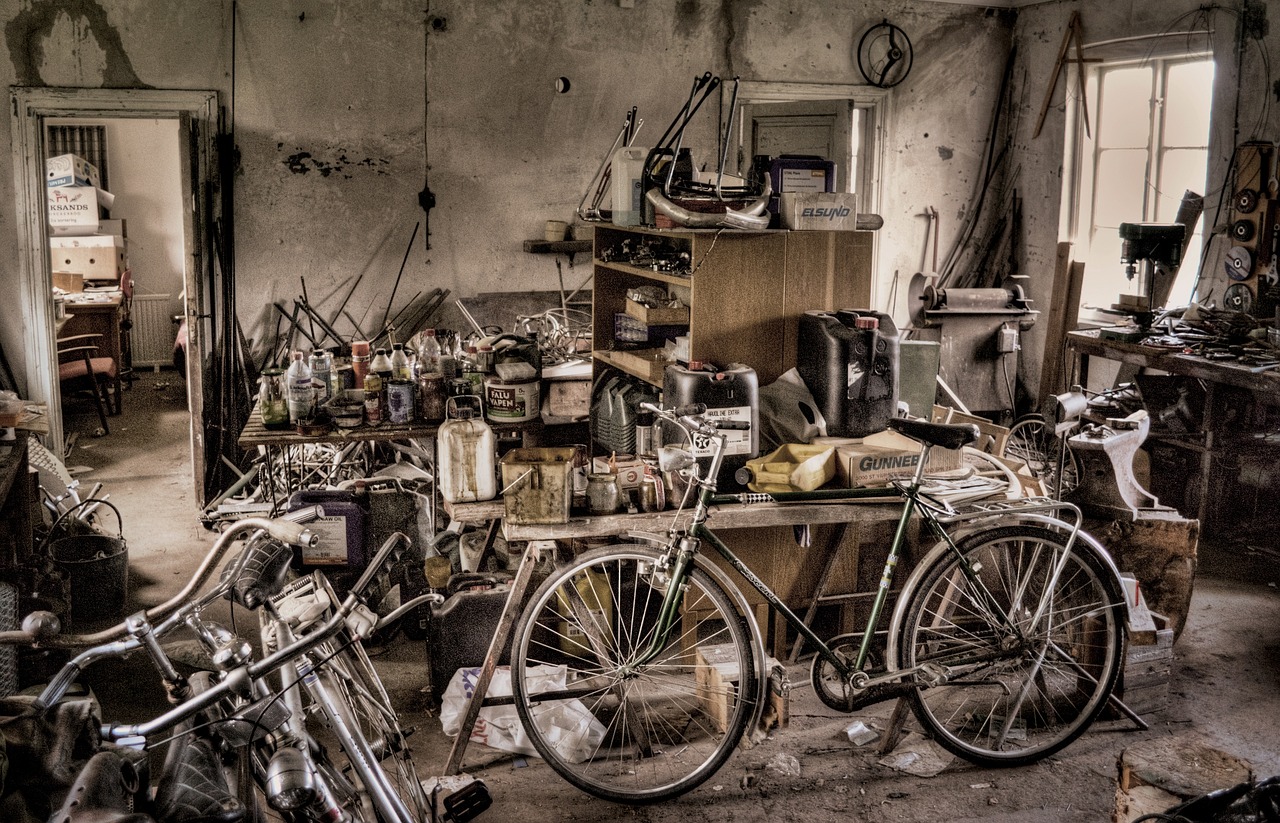
Invest in Energy-Efficient Equipment
This article explores practical strategies for designing and maintaining an environmentally sustainable workshop space. From energy-efficient lighting to waste reduction techniques, learn how to minimize your workshop's ecological footprint while promoting a greener workspace.
When it comes to creating an eco-friendly workshop, investing in energy-efficient equipment is key. Upgrading old machinery and tools to models that consume less power not only reduces energy consumption but also lowers operating costs in the long run. Look for equipment with ENERGY STAR ratings, as they are certified to be energy-efficient and environmentally friendly. By choosing energy-efficient equipment, you can significantly decrease your workshop's carbon footprint and contribute to a more sustainable environment.

Encourage Sustainable Transportation Options
This article explores practical strategies for designing and maintaining an environmentally sustainable workshop space. From energy-efficient lighting to waste reduction techniques, learn how to minimize your workshop's ecological footprint while promoting a greener workspace.
When it comes to creating an eco-friendly workshop, sustainable transportation options play a crucial role in reducing carbon emissions and promoting a greener environment. By encouraging workshop participants to choose eco-friendly commuting methods, you can contribute to a more sustainable workspace.
One effective way to encourage sustainable transportation is by providing bike racks for cyclists. This simple addition can make it easier for individuals to bike to the workshop, reducing the reliance on cars and lowering carbon emissions. Additionally, offering carpool incentives can incentivize participants to share rides, further reducing the environmental impact of commuting.
Another option to consider is providing access to public transportation information. By informing workshop attendees about public transportation routes and schedules, you can promote the use of buses or trains as an alternative to driving. This not only reduces individual carbon footprints but also eases traffic congestion and parking demands.
Furthermore, promoting walking or biking to the workshop can have multiple benefits. Not only does it reduce emissions, but it also encourages physical activity and contributes to a healthier lifestyle. By creating a culture that values sustainable transportation, you can inspire participants to make environmentally conscious choices in their daily commute.
Q: How can I implement recycling systems in my workshop?
A: To implement recycling systems, start by setting up designated bins for different types of materials such as paper, plastic, and metal. Educate workshop participants on the importance of recycling and provide clear instructions on what items can be recycled.
Q: What are some examples of sustainable materials for workshops?
A: Sustainable materials for workshops include recycled wood products, bamboo, cork, and reclaimed metal. Look for certifications like FSC (Forest Stewardship Council) to ensure the materials are sourced responsibly.
Q: How can I reduce water usage in my workshop?
A: To reduce water usage, consider installing water-saving fixtures such as low-flow faucets and toilets. Additionally, collect rainwater for non-potable uses like cleaning or watering plants to further minimize water consumption.
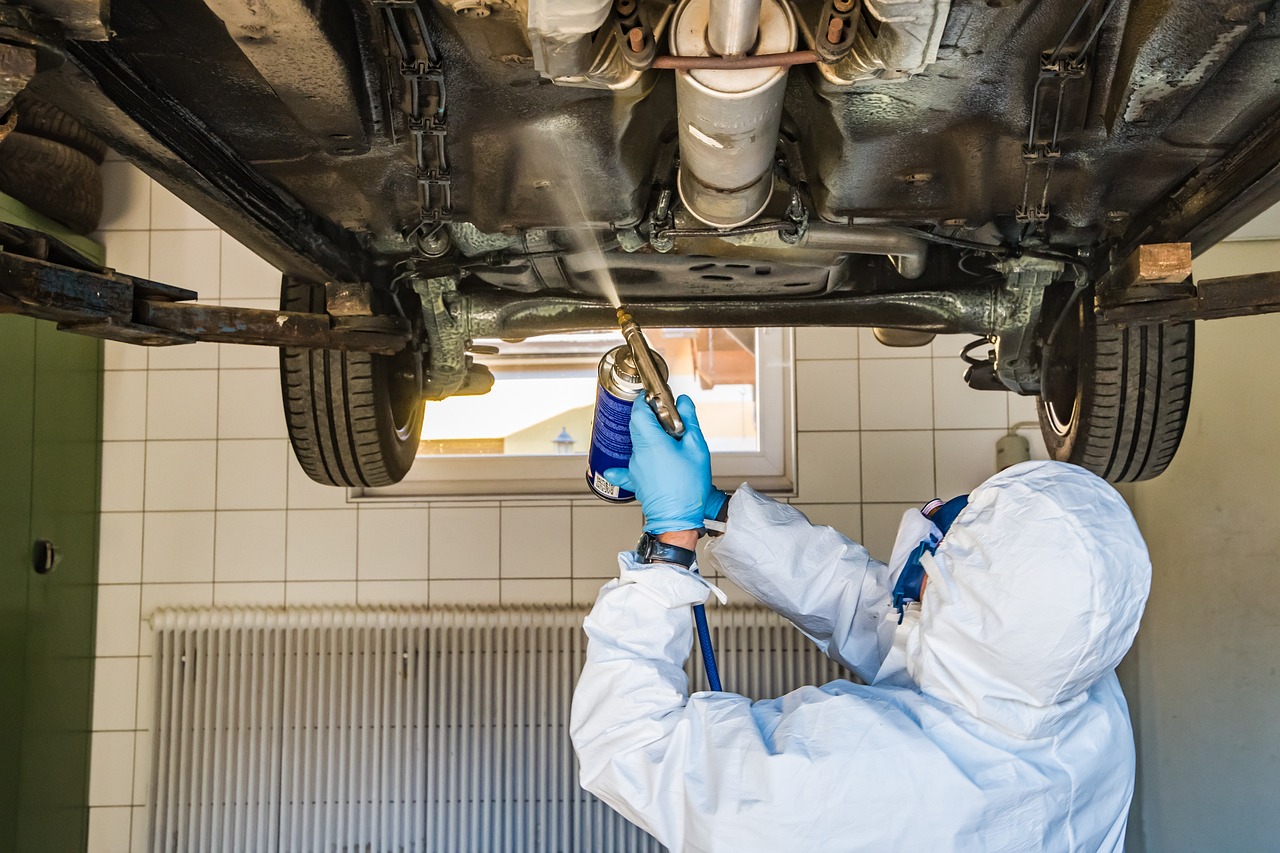
Implement Water Conservation Practices
This article explores practical strategies for designing and maintaining an environmentally sustainable workshop space. From energy-efficient lighting to waste reduction techniques, learn how to minimize your workshop's ecological footprint while promoting a greener workspace.
Water conservation is a crucial aspect of creating an eco-friendly workshop. By implementing water-saving practices, you can significantly reduce your workshop's water usage and contribute to environmental sustainability. One effective way to conserve water is by installing low-flow faucets and toilets, which help minimize water wastage without compromising functionality. Additionally, consider collecting rainwater for non-potable uses such as cleaning or watering plants. By utilizing rainwater harvesting systems, you can reduce reliance on municipal water sources and lower your workshop's overall water consumption.
Q: How can I determine if a material is sustainable for use in my workshop?
A: Look for certifications such as FSC (Forest Stewardship Council) for wood products or labels indicating recycled content. These certifications ensure that the materials are sourced responsibly and meet environmental standards.
Q: What are some easy ways to promote sustainable transportation options for workshop participants?
A: You can encourage eco-friendly commuting by providing bike racks, carpool incentives, or sharing public transportation information. Promoting walking or biking to the workshop can also reduce carbon emissions and support sustainable transportation practices.
Q: How can I involve workshop participants in creating an environmentally conscious workshop?
A: Engage participants through educational workshops, seminars, or hands-on activities focused on eco-friendly practices. Encourage collaboration and shared responsibility in adopting sustainable habits within the workshop community.

Embrace Upcycling and Repurposing Projects
Embracing upcycling and repurposing projects in your workshop can be a game-changer in promoting sustainability and creativity. Imagine breathing new life into old materials and tools, turning what was once considered waste into valuable resources. It's like giving a second chance to items that were destined for the landfill, transforming them into unique pieces with a story to tell.
One way to incorporate upcycling into your workshop is by creating a dedicated space for materials waiting to be repurposed. This could be a corner filled with salvaged wood, old metal parts, or discarded fabric, sparking inspiration for future projects. By encouraging a culture of reuse and resourcefulness, you not only reduce waste but also challenge yourself and others to think outside the box.
Consider organizing upcycling challenges or workshops where participants can unleash their creativity by transforming everyday objects into something new and unexpected. It's a fantastic way to foster innovation and collaboration within your workshop community, sharing ideas and techniques for sustainable design.
Furthermore, upcycling can lead to cost savings by minimizing the need to purchase new materials. By repurposing what you already have, you not only contribute to environmental preservation but also demonstrate the value of thinking sustainably in a world driven by consumption.
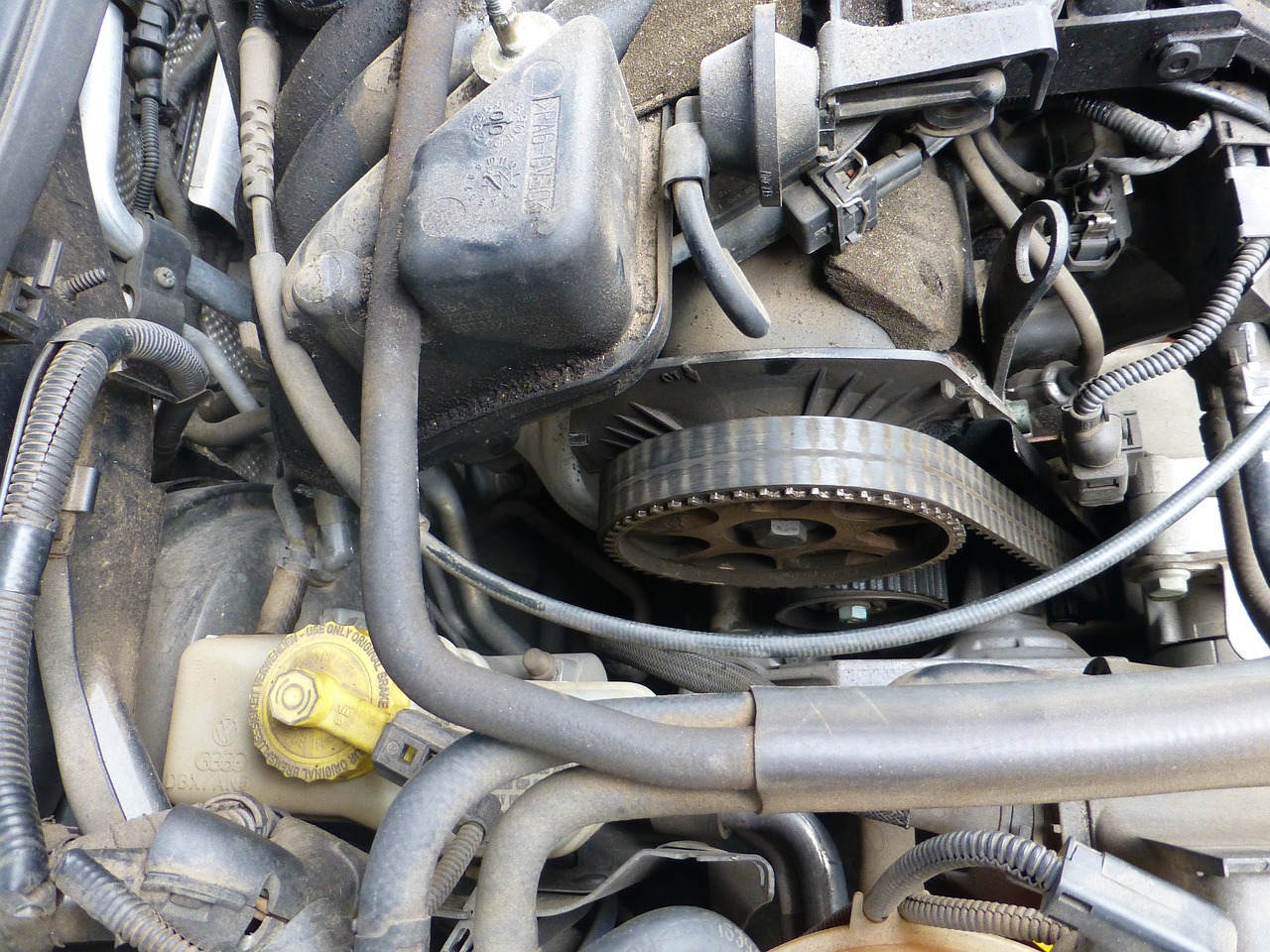
Educate and Engage Workshop Participants
When it comes to creating an eco-friendly workshop, one of the most crucial aspects is educating and engaging workshop participants. By raising awareness about sustainable practices and involving everyone in the effort, you can foster a culture of environmental consciousness within your workspace.
One effective way to educate participants is through workshops and seminars dedicated to eco-friendly practices. These sessions can cover topics such as recycling, energy conservation, and sustainable materials, providing valuable information and practical tips for reducing the workshop's ecological footprint.
Additionally, informational materials such as brochures, posters, or online resources can serve as constant reminders of the importance of sustainability. Displaying facts and statistics about environmental impact can help workshop participants understand the significance of their individual actions in creating a greener workspace.
Engagement is equally important in promoting eco-friendly behavior among participants. Encouraging open discussions, brainstorming sessions, or collaborative projects focused on sustainability can inspire creativity and a sense of shared responsibility towards the environment.
Moreover, involving workshop participants in decision-making processes regarding eco-friendly initiatives can enhance their sense of ownership and commitment. Seeking feedback, implementing suggestions, and recognizing contributions can motivate individuals to actively participate in creating an environmentally conscious workshop.
By educating and engaging workshop participants, you not only empower them to adopt sustainable practices but also cultivate a sense of community and shared purpose. Together, you can work towards building a workshop that not only prioritizes efficiency and productivity but also respects and preserves the natural environment.
Frequently Asked Questions
- How can I make my workshop more eco-friendly?
To create an eco-friendly workshop, you can start by opting for energy-efficient lighting solutions, implementing recycling and waste management systems, choosing sustainable materials and tools, utilizing natural light and ventilation, investing in energy-efficient equipment, encouraging sustainable transportation options, implementing water conservation practices, embracing upcycling and repurposing projects, and educating and engaging workshop participants.
- Why is it important to use sustainable materials and tools in a workshop?
Using sustainable materials and tools in a workshop is crucial for reducing environmental impact and promoting responsible resource management. By opting for materials made from recycled or sustainable sources, you contribute to the conservation of natural resources and support eco-friendly practices within your workspace.
- How can I encourage sustainable transportation options for workshop participants?
You can promote sustainable transportation options by providing amenities such as bike racks, carpool incentives, or access to public transportation information. Encouraging walking or biking to the workshop not only reduces carbon emissions but also promotes a healthier and more environmentally friendly mode of commuting.



